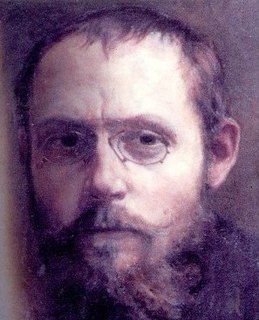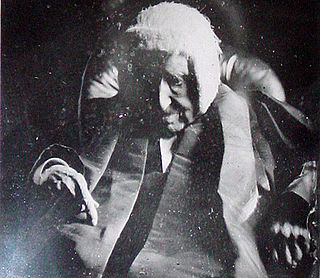A Quote by Charles Peguy
The references you do not verify are the good ones.
Quote Topics
Related Quotes
I want to set up a new standard: ‘scientific journalism.’ If you publish a paper on DNA, you are required, by all the good biological journals, to submit the data that has informed your research—the idea being that people will replicate it, check it, verify it. So this is something that needs to be done for journalism as well. There is an immediate power imbalance, in that readers are unable to verify what they are being told, and that leads to abuse.
There are dozens of writings outside of the Bible that verify the historical accuracy of many of the names of people, places, and events mentioned in the Bible. In fact, external sources verify that at least eighty persons mentioned in the Bible were actual historical figures. Fifty people from the Old Testament, and thirty people from the New Testament.
I feel that this is a vocabulary that I grew up with. This biblical landscape is very familiar to me, and it's natural that I use those landmarks as references. Once they were universal references and everybody understood and knew them and located them. That's no longer the case today, but it is still my landscape.








































